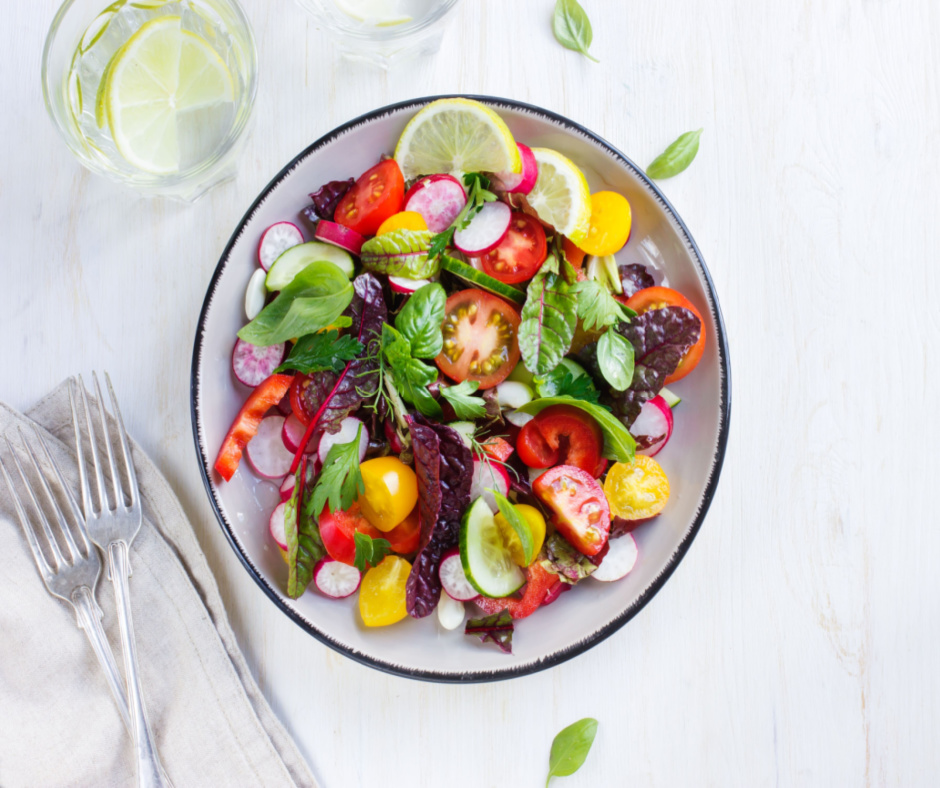Hope & Restoration
Best Christian Books for Alcohol and Drug Addiction
As a pastor, I often get asked what my must-have Christian books are. Reading is one of my favorite things to do in life. All readers are leaders, and all leaders are readers. Spending time in a book is one of my life’s joys. Not only does it help me grow in my relationship with God, but I also broaden and deepen my knowledge, reduce stress and create time for contemplation.
Below are my top five most cherished books in Christian literature. They offer insight to anyone—whether in recovery from drugs and alcohol or not. However, when I consider the best Christian books for alcohol and drug addiction, my list remains the same. The wisdom contained in these books will provide guidance and comfort to anyone pursuing recovery in the context of their Christian faith.
Read MoreThriving in Sobriety: 7 Tips to Cure Boredom in Recovery
Boredom can be a scary concept for anyone, but it’s even scarier for those in recovery. They may worry that without drugs or alcohol to keep them entertained; they will have nothing to fill their free time. However, finding constructive and fun activities in sobriety is essential for maintaining long-term recovery.
This article will explore the link between boredom and relapse and provide tips for curing boredom in recovery.
Read MoreFoods That Reduce Alcohol Cravings
For people recovering from alcoholism, managing alcohol cravings can be a daily struggle, but what you eat can help. The key is to choose foods that improve digestion, promote steady blood sugar throughout the day, or support brain chemistry and cognition. While health digestion optimizes the body’s ability to absorb amino acids, vitamins, and minerals that can reduce cravings, steady blood sugar normalizes hunger-causing hormones, such as insulin and leptin. Additionally, getting enough lean protein contributes to the production of chemicals associated with reward and well-being, such as dopamine and serotonin. If you or someone you know is in recovery from drinking, here are the best foods that reduce alcohol cravings.
Read MoreAddiction Recovery & Sobriety Phone Apps
After completing a treatment program for alcohol and/or substance misuse, individuals are advised to remain connected to supportive family and friends, as well as to support groups. This includes returning to a safe home environment or attending a sober living facility, depending on the situation, circumstances, and needs of the individual. Doing so allows those in sobriety to get the support they need in order to reach long-term recovery. Addiction recovery apps contribute to maintaining this process by providing 24-hour access to support in some sort of capacity.
Read MoreHow to Approach Your Employer About Treatment
Living with mental illness or a substance use disorder (SUD) can create a range of issues for someone including the toll they can take on your personal, social, and professional lives. From poor physical health to damaged relationships to negatively affecting work, SUDs and mental health disorders like depression, anxiety, and trauma can wreak havoc. Fortunately, effective treatment options do exist and recovery is possible. So how do you get to that point?
Navigating the treatment process to get to recovery can be daunting for some, but it doesn’t have to be. While family and friends can be most helpful, understanding, and supportive, knowing what steps to take with your employer, your rights, and your benefits aren’t quite as clearcut.
Read MoreA Guide to FMLA
This year, many are starting their recovery journey and seeking substance use disorder treatment. If you’re one of those individuals, understanding the Family and Medical Leave Act (FMLA) is one way to ensure you get the treatment you need. To support you, we’ve compiled a guide on accessing FMLA.*
Read MoreThe Homemade High: A Guide for Parents
Getting High: 11 Unassuming Household Items Parents Should Watch Out For
A teenage mind determined to get high is a breeding ground for creativity. Everybody knows about the usual suspects: pot, alcohol, dad’s back pain pills, etc. However, there are a number of ways kids can alter their consciousness even when access to the usual suspects is successfully restricted. This week’s article, while far from comprehensive, covers some of the lesser-known ways kids find ways to stimulate their minds.
Read More6 Tips for Families in Recovery
Is your loved one in recovery from substance use disorder? Healing your family in the process means mending the bonds, embracing each other’s flaws, and growing stronger in the shared journey of recovery. Here are six tips to help you as a family begin healing together:
Read MoreIs Drug Addiction Genetic?
For ages, communities have struggled with the complex issue of drug addiction, which has left a path of destruction in its wake. While there are many factors that contribute to addiction, one that has long perplexed scientists and academics is whether this harmful habit has a genetic component. Does the occurrence of addiction in families suggest a hereditary predisposition? Can we link certain genes to addictive tendencies? Investigating the complex link between genetics and drug addiction helps us to understand the fundamental causes of this condition and may have implications for prevention, treatment, and stigma reduction. Faith in Recovery explores the fascinating query: Is drug addiction genetic?
Read MoreWhy Aftercare & Ongoing Support is Crucial to Recovery
Addiction treatment arms you with the tools you need to recover. You learn how to manage triggers, cravings, emotions, and the dangers of relapse. Treatment centers provide a highly structured environment to help you focus on your recovery and a support system to help keep you motivated. But the actual test of your recovery starts when you leave the outpatient or inpatient rehab and enter back into your day-to-day routine.
Read More








